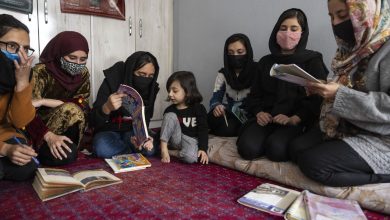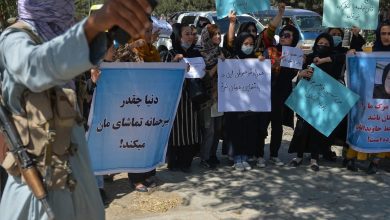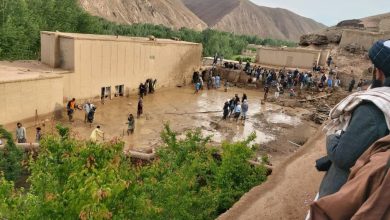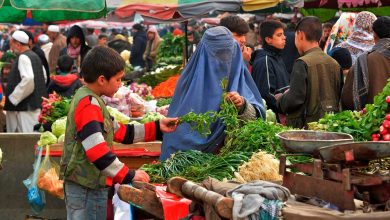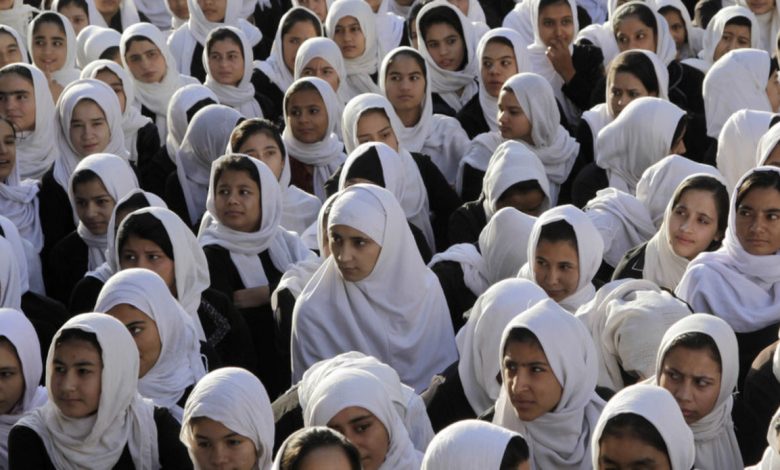
Doha Conference and the Forgotten Education of Afghan Girls; Families: Lift the Ban on Education
Sayed Mahdi Hussaini
Bayan News – On the eve of the second Doha Conference and with the continuation of the ban on the education of girls by the Taliban, some members of families are asking the current government authorities to help Afghanistan in generating awareness, welfare, and comfort by lifting the ban on the education of girls.
Apparently, the ban on the education and schooling of girls in Afghanistan is being prolonged, and it is unclear when the doors of schools will be opened. Although the Taliban claim that they are not opposed to the education of girls, educational centers have been blocked for girls for over two years, and this challenge has severely affected the mental and psychological well-being of girls.
Simultaneously with the continuation of this challenge, the second Doha Conference, hosted by the United Nations, is scheduled to be held, which determines the path of new Afghanistan’s interaction with the world. What is concerning is that the issue of girls’ education is not a priority.
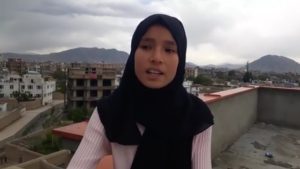
Fatima Haidari, a student who remained deprived of continuing her education in her school this year and completed the sixth grade with excellent grades, is worried about her future as she will no longer be able to return to school.
Fatemeh believes that no country or society can achieve progress and development without educating girls, and if the educational conditions for girls continue in this manner, the future of Afghanistan will still be dependent on external assistance.
By stating that girls will find their way into educational environments under any circumstances, she asks the Taliban not to further discourage girls and allow schools to reopen for girls.
At the same time, some elders of families say that the continuation of the ban on education has had a negative impact on the morale of girls and has created problems for families.
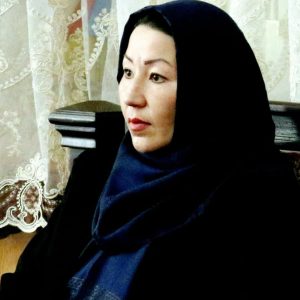
Arezu Akbari, a mother of two daughters, added to Bayan News that she has endured economic difficulties for many years to provide education for her daughters until they reached the fifth and seventh grades, but with the Taliban’s arrival, the doors of schools and educational institutions were closed.
Ms. Akbari said, “Girls suddenly stopped attending their classes, and instead of studying daily, they only sleep, and this situation has had a negative impact. My daughters say that education was our only hope to build our future through learning and become useful individuals for society, but the Taliban did not allow us to get closer to this goal.”
In continuation, she emphasized that an illiterate society continues to keep the country on a path of economic weakness or a state of being mere consumers. With this situation, Afghanistan cannot compete with regional and global countries in the economic and educational fields.
On the other hand, Assadullah Musavi (pseudonym), a father from Balkh province, has two daughters who have been left out of school and university. He hoped that with a short pause in the educational environment for girls and with some changes, the gates of schools and universities might open. However, his expectation did not come true.
Musavi, in order to continue education, sent one of his daughters with some family members to Kabul, hoping that at least one of his daughters could continue her education in one of the educational centers if possible.
This head of the family says that recently his daughter was admitted to one of the educational centers in western Kabul, but reports of the detention of girls surfaced on social networks, and these rumors caused his daughter to once again be deprived of education.
Nevertheless, multiple reports published by the media indicate that the continuation of the ban on education has caused severe problems for families, such as migration, early marriage, and other issues.
Despite national and international pressures, the Taliban interim government has not been willing to open the doors of schools for girls.



